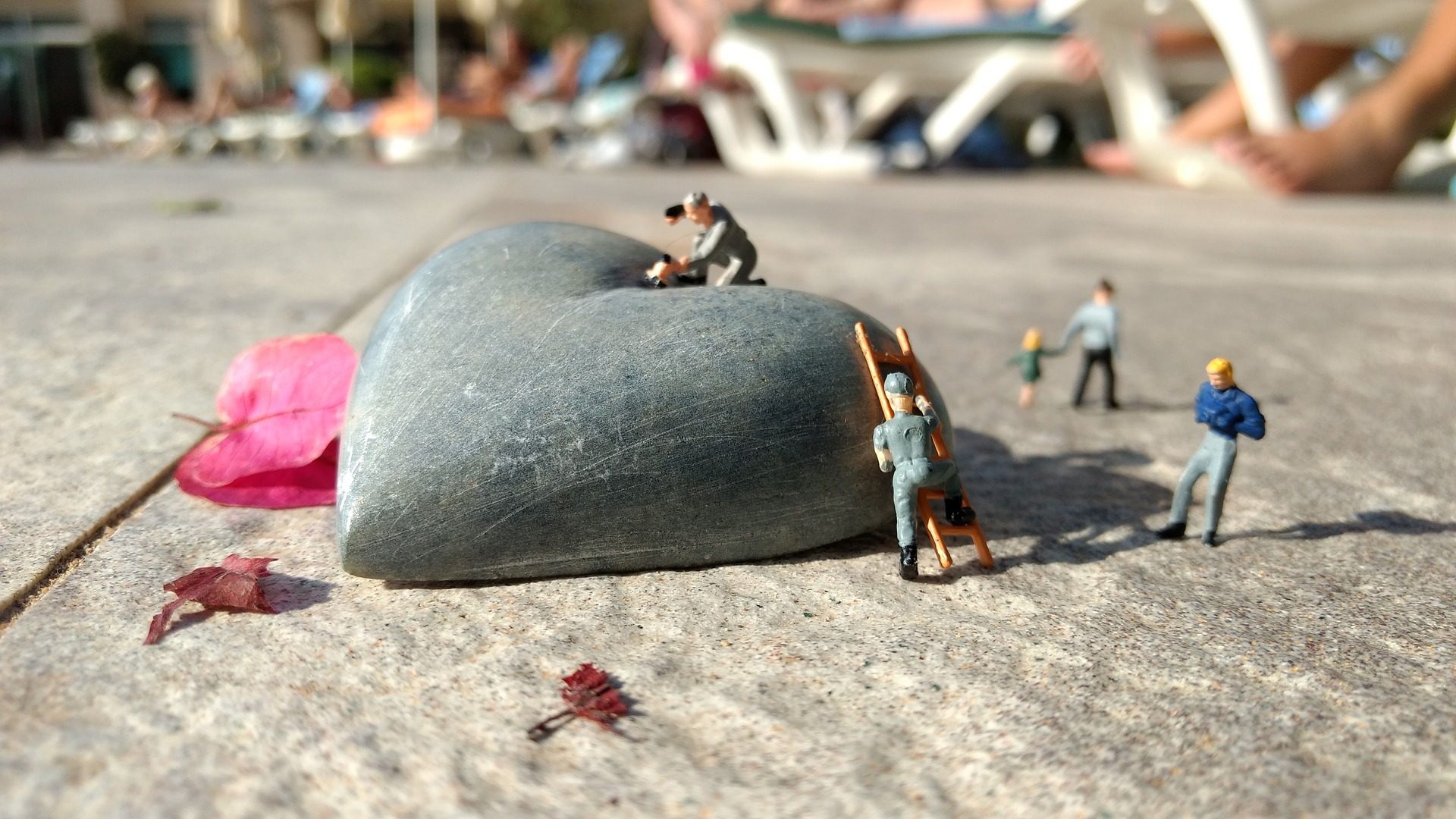Menu


In Plato’s Republic, the great Greek philosopher tells the story of a shepherd who watches over the flock of the king. One day, after a mighty storm, there appears a fissure in the ground where his flock is feeding. Astonished by the sight, he goes down into the chasm and discovers a body completely naked except for a marvelous gold ring. He removes the ring and places it on his finger and makes his way out of the crevasse. When he gathers later with the other shepherds, he happens to turn the collet of the ring towards his palm. At once he becomes invisible, and the other shepherds begin to speak of him as if he were not there. When he turns the collet back, he becomes visible again. After discovering this splendid power, he makes his way to the court where he seduces the Queen, and with her help, he murders the King and seizes the throne.
Plato used this illustration to demonstrate that men do right only under compulsion or by convention. Left on their own they will wrong their neighbor, take their neighbor’s belongings, and gravitate toward a life of evil. Plato wrote his Republic in 368 B.C.; it is amazing how consistent mankind has remained throughout the centuries.
Fast forward to the 20th century. In 1983, Mike Wallace produced a segment for 60 Minutes about the Nazi SS officer in charge of the Jewish extermination, Adolf Eichmann. Eichmann had escaped postwar justice by fleeing Germany to Austria before settling in Argentina, where he was able to remain a fugitive for over fifteen years. In May of 1960, he was finally captured and taken to Jerusalem where he was put on trial by an Israeli court. Wallace asked his viewers, “How is it possible for a man to act as Eichmann acted? Was he a monster? A madman? Or was he perhaps something even more terrifying? Was he normal?”
Wallace followed this question with an interview of Yehiel Dinur, a concentration camp survivor who had testified against Eichmann at Eichmann’s 1961 trial. A film clip showed Dinur walk into the courtroom. He began to weep uncontrollably and then collapsed on the floor.
Dinur explained to Wallace, “I was afraid about myself; I saw that I am capable of doing this. I am exactly like he.” Eichmann was no longer that powerful Nazi who had orchestrated the Holocaust; rather, he was simply an ordinary man.
As Wallace closed the segment, he concluded, “Eichmann is in all of us.”
What a powerful statement. Is it possible that I could perpetrate this type of evil? The prophet Jeremiah says: “The heart is more deceitful than all else and is desperately sick; who can understand it?” (Jeremiah 17:9). This explains all that we see going on in the world today.
This is why many people believe that our future is hopeless. And if what Jeremiah has said is true, it would appear that there is no hope, particularly for my children and grandchildren.
But God does not leave us without hope. He sent us His son, not just to teach us to live good lives, but to transform us. To give us new hearts. The prophet Ezekiel describes what God desires to do in our lives:
26 Moreover, I will give you a new heart and put a new spirit within you; and I will remove the heart of stone from your flesh and give you a heart of flesh.
27 I will put My spirit within you and cause you to walk in My statutes, and you will be careful to observe My ordinances. (Ezekiel 36: 26-27)
You can see that Ezekiel is not talking about religion. The religious attempt to do good in order to win God’s love and approval for them is all about the externals. True Christianity focuses on the internal. It is all about the life of God, working in the hearts of men.
This is the world’s only true hope. As the Apostle Paul put it, “It is Christ working in you, and this is the hope of Glory.” (Colossians 1:27)
Add grace and understanding to your day with words from Richard E. Simmons III in your inbox. Sign-up for weekly email with the latest blog post, podcast, and quote.

For local orders in the Birmingham, AL area, enter Promo Code LOCAL at checkout to save shipping. We will email you when your order is ready for pickup.
Bulk discounts for 25 or more books! Call 205-789-3471 for prices.